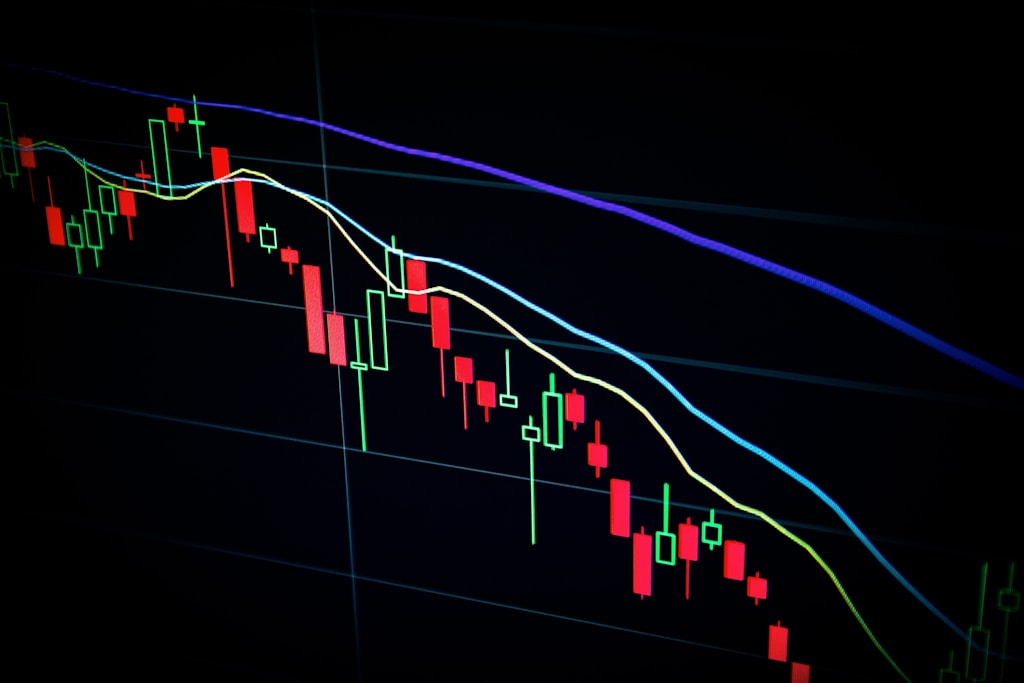Arizona Crypto Regulation: Governor Vetoes State Fund Bill Over Volatility
Arizona Governor vetoes crypto investment bill citing volatility concerns, while approving measures to combat crypto ATM fraud. Learn how this impacts state …

In a significant development for cryptocurrency regulation in Arizona, Governor Katie Hobbs has vetoed two crypto-related bills while signing legislation targeting crypto ATM fraud. The decision comes amid growing debate over state-level cryptocurrency adoption and regulation across the United States.
Key Points of the Arizona Crypto Bills
The most notable rejection was Senate Bill 1373, which would have allowed the investment of state funds in cryptocurrencies. Governor Hobbs cited market volatility as the primary concern, explaining that such investments could pose unnecessary risks to state financial management. This decision aligns with ongoing discussions in 20 other states regarding strategic crypto reserves.
Understanding the ATM Fraud Prevention Measure
While rejecting the investment-focused bills, Governor Hobbs approved legislation targeting cryptocurrency ATM fraud, demonstrating a balanced approach to blockchain technology regulation. This new law aims to enhance consumer protection in the rapidly growing crypto ATM sector.
Impact on Arizona’s Crypto Landscape
The governor’s decisions reflect a cautious approach to cryptocurrency integration in state operations, particularly given current market conditions. This regulatory stance could influence other states’ approaches to crypto legislation.
FAQ Section
What was the main reason for vetoing SB1373?
Governor Hobbs cited cryptocurrency market volatility as the primary reason for vetoing the bill that would have allowed state fund investment in digital assets.
How does this affect Arizona’s crypto businesses?
While the vetoes limit state-level crypto investment, the new ATM fraud prevention measure may actually strengthen consumer confidence in crypto services.
What’s next for crypto regulation in Arizona?
The state legislature may revise and reintroduce modified versions of the vetoed bills, potentially with additional safeguards against market volatility.



